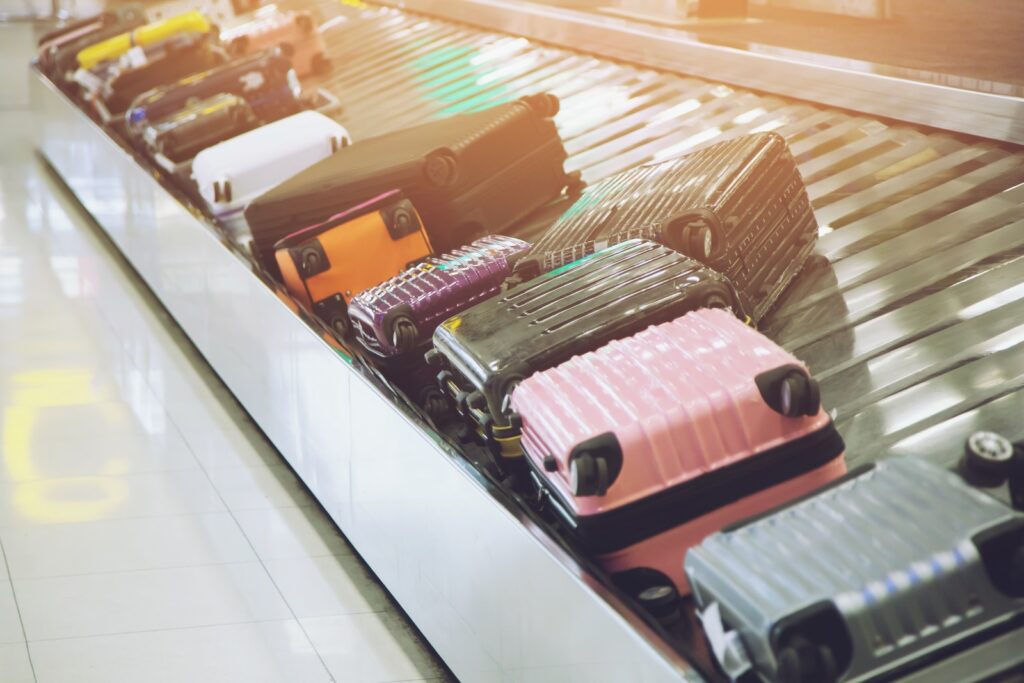Flying often feels like a gamble—one minute; you’re planning your getaway; the next, your flight’s canceled, and you’re out of luck. If you’ve faced the hassle of fighting for a refund, you’re not alone. Thankfully, the Biden-Harris Administration is stepping in with a new rule: airlines must now issue automatic refunds for canceled flights and extra fees hassle-free.
What’s the Big Deal?
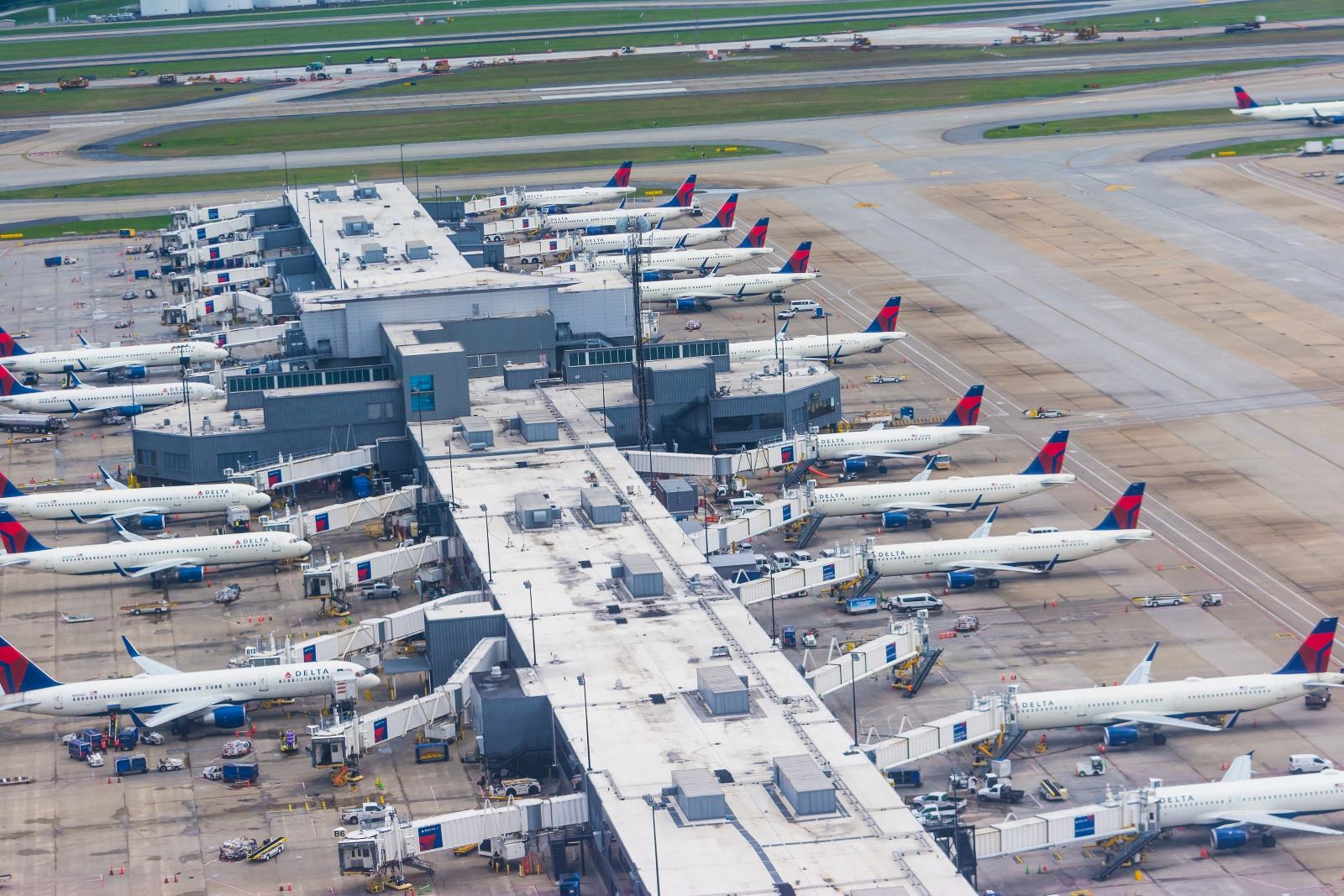
For too long, airlines have skirted around giving passengers their money back when things go awry. This new rule changes the game. No more fighting for a refund when your flight gets canceled or delayed significantly. Now, airlines are required to automatically refund the cost of your ticket and any extra fees for things like baggage and seat selection.
Why This Matters
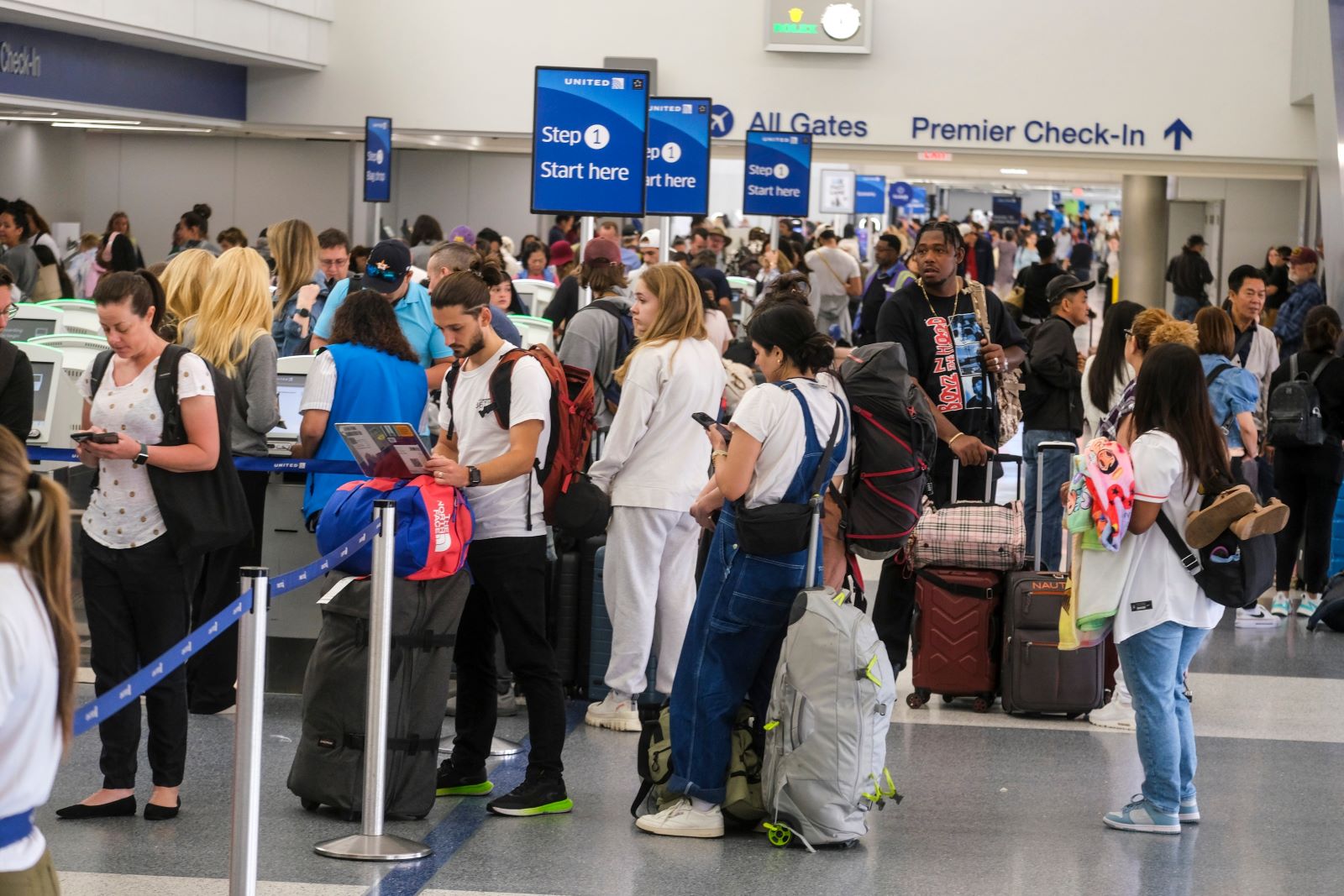
It’s no secret that the airline industry rakes in billions annually, and a hefty chunk of that comes from fees and non-refundable tickets. In 2022 alone, airlines made over $4.9 billion from baggage fees and another $3.8 billion from seat selection fees. For consumers, this new rule means better protection for their hard-earned cash.
What’s Covered?

The new rule covers all the basics. If your flight is canceled or significantly delayed, you get your ticket money back. But it doesn’t stop there. If you’ve paid for baggage, extra legroom, or priority boarding, and you don’t get it, you’ll get those fees refunded too.
Automatic Refunds: No More Jumping Through Hoops

One of the best parts of this new rule? The “automatic” part. Airlines can no longer make you jump through hoops to get your money back. Forget the endless calls to customer service and complicated refund forms. If you’re entitled to a refund, it should hit your account without you lifting a finger.
A Step Toward Fairness

This isn’t just about money—it’s about fairness. For years, airlines have put profits over people, making it tough for passengers to claim refunds they’re rightfully owed. The Biden-Harris Administration’s rule is a step toward leveling the playing field and holding airlines accountable.
The Airlines’ Response

Unsurprisingly, airlines aren’t thrilled. Some have grumbled about the potential impact on their bottom line, but let’s be real: they’ve had a good run. This new rule is about ensuring that when airlines fail to provide the service you paid for, they own up to it.
What’s in It for the Passengers?
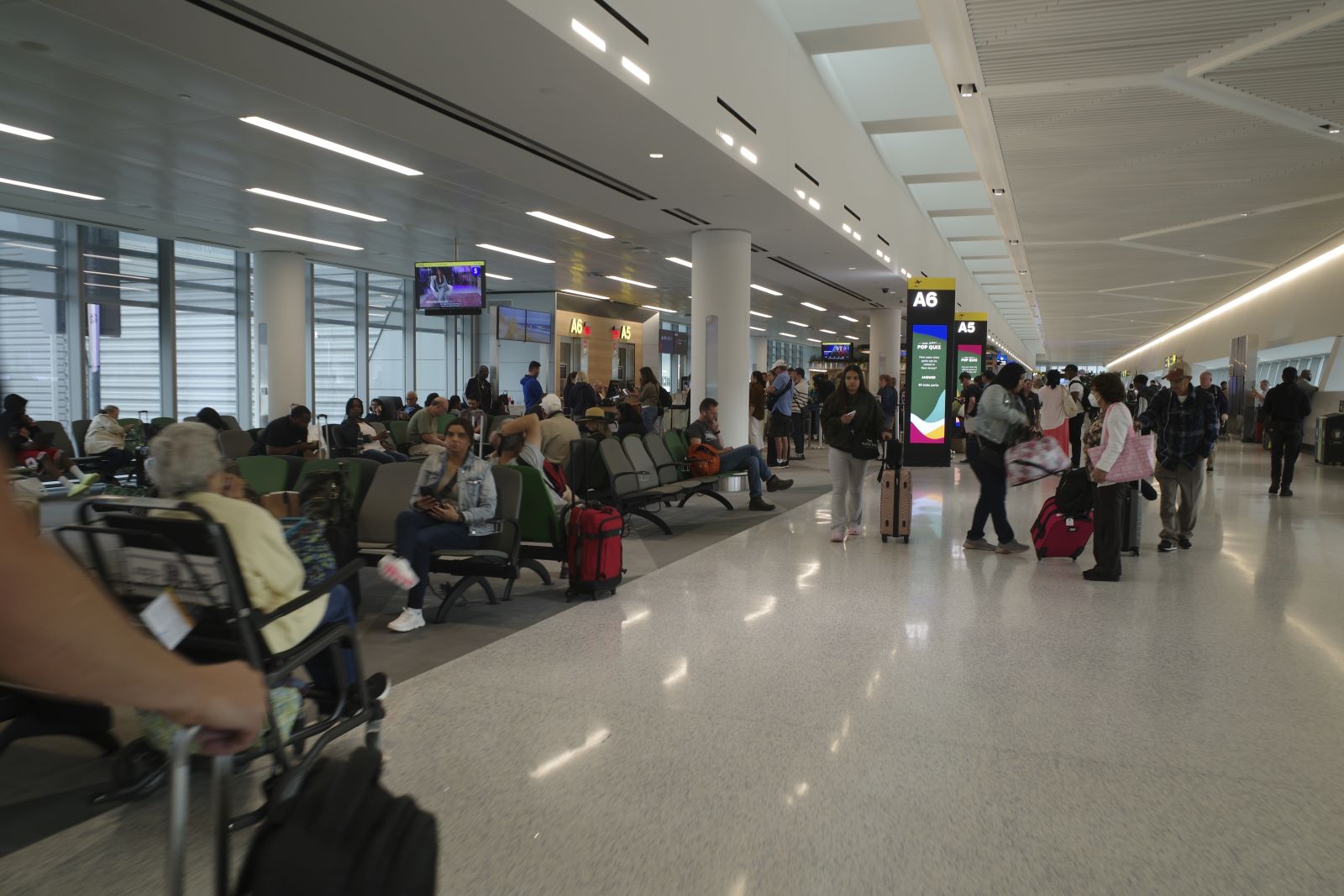
For passengers, this rule change is a win. It means peace of mind when booking flights, knowing that if things go sideways, you’re not just out of luck. Your money is protected, and you’re not left holding the bag when your flight doesn’t take off.
How Will This Impact Airline Policies?

With this new rule, airlines might rethink how they handle delays and cancellations. Knowing they’ll be on the hook for refunds could push them to improve scheduling and customer service, potentially leading to fewer delays and cancellations.
Will This Affect Ticket Prices?

Some worry that airlines might hike ticket prices to cover the cost of these automatic refunds. While that’s a possibility, competition among airlines should help keep prices in check. Plus, with transparency in fees, passengers will know exactly what they’re paying for.
What to Do If You Don’t Get Your Refund
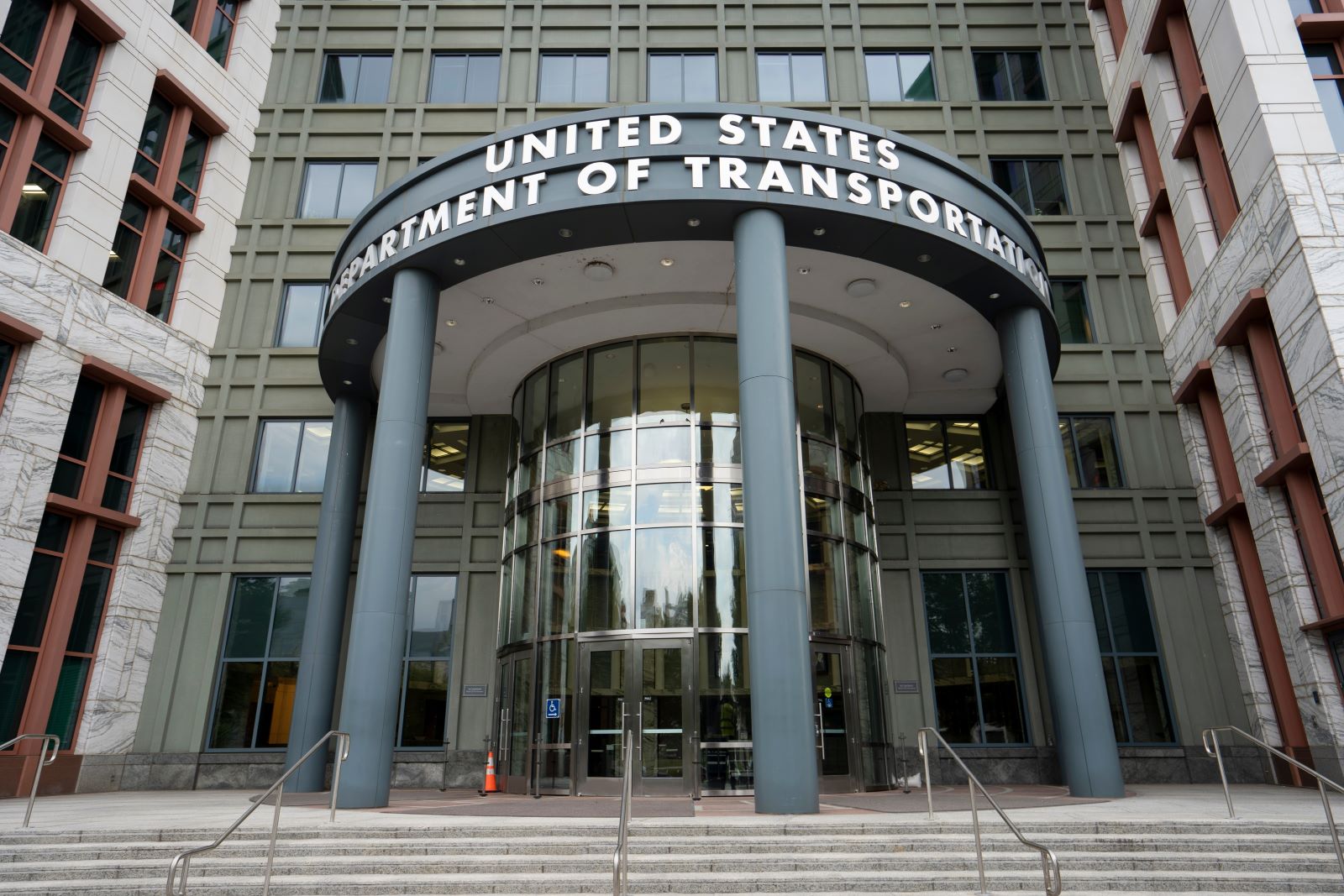
The rule is designed to make refunds automatic, but if you don’t see your money, act fast. Contact the airline, and if that doesn’t work, the Department of Transportation (DOT) is ready to step in. The DOT has already made it clear that it’s serious about enforcing these rules.
A Win for Travelers
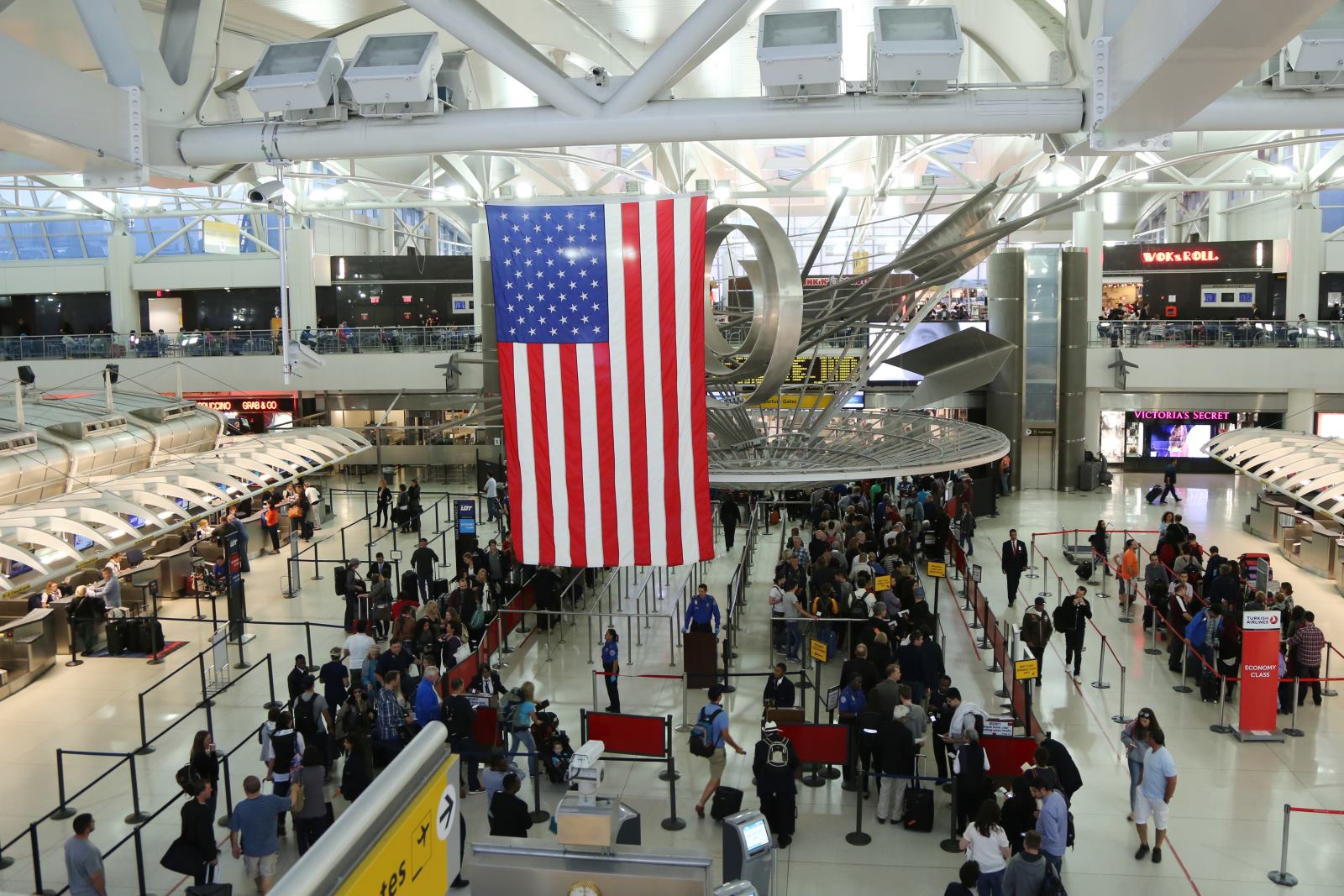
At the end of the day, this rule is a win for travelers. It’s about time passengers got the respect and protection they deserve. Flying should be about getting from point A to point B, not about battling airlines for a refund when things go wrong.
Looking Ahead

The Biden-Harris Administration’s new rule is just the beginning. With more efforts to curb junk fees and protect consumers, the future looks a bit brighter for anyone planning their next getaway. Here’s to smoother skies and a fair shake for every passenger.
Featured Image Credit: Shutterstock / Travel man.
The content of this article is for informational purposes only and does not constitute or replace professional advice.
The images used are for illustrative purposes only and may not represent the actual people or places mentioned in the article.


